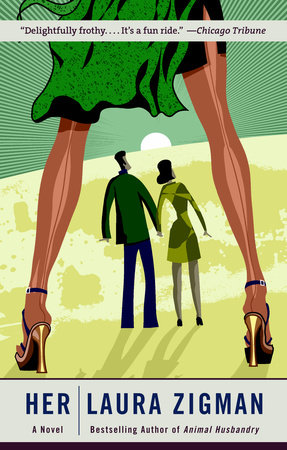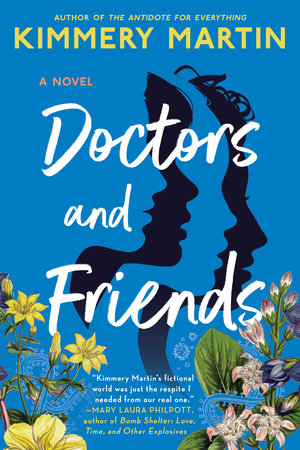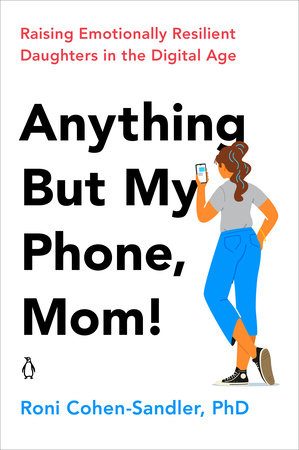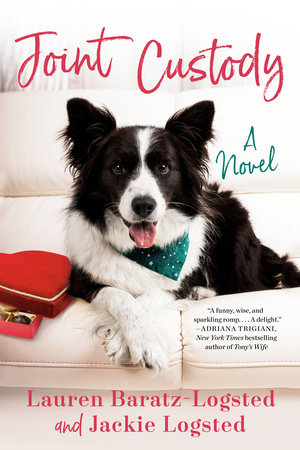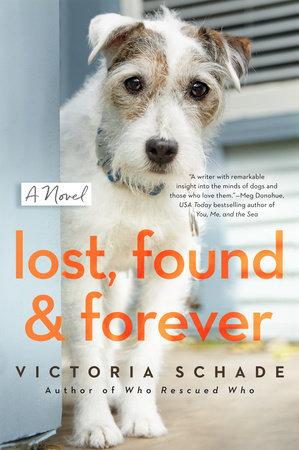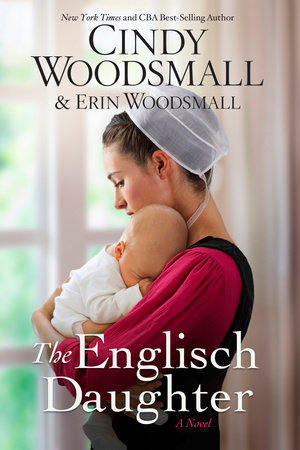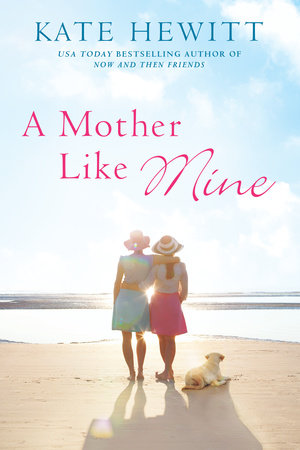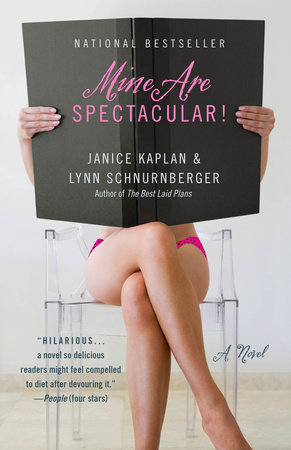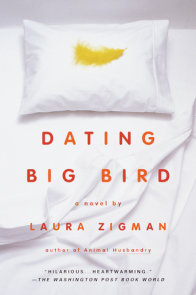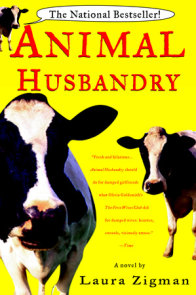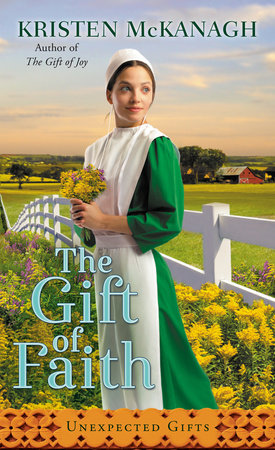Author Q&A
A conversation with Laura Zigman, author of Her
Q: Her, like your previous novels, takes a very funny approach to the common (and painful) lack of trust between men and women. How did you get the idea for the new novel?
A: The idea came from the shock of meeting my fiancé’s ex for the first time. She was very attractive — hideously, grotesquely attractive, in fact. The kind of attractive where you want to shoot yourself and die. Of course, the huge disparity between her extreme attractiveness and my extreme unattractiveness on the day we met may have had something to do with the fact that she was wearing a push-up bra and I was wearing a parka.
After telling and retelling this story of the push-up-bra-parka meeting a hundred times and seeing the horror in people’s faces (especially women’s faces), I knew that I was on to something. Everyone has a story about the one ex in their spouse’s past that completely unhinges them.
Q: Why is it that people — men and women alike — are so unnerved by beauty. Can’t we get past this?
A: You can blame it on that nebulous enemy — the mass media — but the truth is people are naturally obsessed with beauty, sex, comparative attractiveness. What’s so unnerving and insecurity-provoking I think, is not simply physical perfection (the perfection, for instance, of the cleavage I witnessed that day when I met my fiancé’s ex), but by the mysteries and vagueries of attraction. Some people just have "it" — whatever "it" is (sex appeal, basically). And some people don’t.
Q: Do you think women are more susceptible than men to feeling jealous?
A: Yes. In the obsessively-consumed-with deeply-neurotic non-violent-stalking arena there is absolutely no comparison: women beat men, hands down.
Q: No one in Her acts heroically. Donald knows his insensitive doting on his ex unnerves Elise; Elise clearly can’t give her future husband the benefit of the doubt; Elise’s friends abandon her when she needs them most; and the trouble-causing ex plays the card she knows she holds and makes everyone crazy. Who’s the good guy here?
A: That’s kind of the point, I guess. That women aren’t saints, and men aren’t the devil. Which isn’t to say that men are saints and women are the devil. We’re all capable of bad behavior in relationships.
Q: Isn’t the character of Fran based on a real person in Washington, D.C.? Is she really that mean? And that funny?
A: "Fran" is actually Nancy Pearlstein, a good friend of mine in Washington who has an unbelievably amazing (and needless to say, expensive) store called "Relish." Back before I had a baby, when I was single, and I still had time to dress decently and groom myself regularly, I did quite a bit of shopping at her store. But then I stopped. Not just because nothing in her store fit me anymore and I wouldn’t have been able to afford it anyway, but because if she thinks you’re not doing justice to her clothes, she’ll let you have it. I couldn’t take the berating anymore. I mean, sometimes the truth hurts too much.
Q: So now that you’ve moved from DC to Boston, do you have a new fashion diva to go to in time of need? (Or are you still stealing away to New York for emergencies?)
A: Since, as Nancy would say, "I go nowhere and do nothing," my need for nice clothes has been dramatically reduced. That said, there is an amazing store right here in Newton where I live and in Cambridge, called "Tess." It’s just like Nancy’s store, only Tess isn’t as mean.
Q: Your books are very funny. How difficult is it, writing comedy?
A: It takes a long time to trust your voice, to talk yourself into the idea that you know what you are doing. This is best accomplished, I think, by tricking yourself: you tell yourself what a genius you are even though, deep down, you know you’re a giant loser. The problem is, you don’t want to start thinking you’re too great, because then you get too comfortable; too soft. You get tone deaf and you stop being able to tell when what you’re writing is really, really bad.
Q: What was it like to see your first novel, Animal Husbandry, made into a film? Were you happy with the movie?
A: It was a complete thrill. Especially thrilling was the fact that they put Ashley Judd’s head on my body for the movie posters (she has kind of a weight problem, you know; I was glad to help out). And yes, I was very happy with the movie. That’s not to say, of course, that there weren’t things I would have changed or done differently. Like, for starters, I probably would have kept the original title, Animal Husbandry, instead of changing it to something like, Someone Like You. My "readers" (both of them — my parents) disliked that the most. And the fact that it wasn’t fair to have an actress as unattractive and homely (and chubby) as Ashley Judd playing me. But I’m certainly not complaining. People have far worse problems than not liking every single thing about the movie adaptation of their novel, right?
Q: Her is being made into a movie as well, right?
A: I hope so. Julia Roberts’ production company, Shoelace Productions, bought it for Revolution Studios, and Wendy Wasserstein is writing the screen adaptation. I’m keeping my fingers crossed.
Q: Tell us a little about your days in book publishing.
A: I’ve been advised by my legal counsel and psychiatric professionals not to discuss that period of my life without supervision and sedation.
Q: Was being a book publicist really so awful? It seems sort of sexy, or at least like it would provide good cocktail conversation.
A: I would say if crawling around on your hands and knees on your office floor until two in the morning stuffing Jiffy Bags when you’re thirty-three sounds sexy, then, well, publishing is a very, very, very sexy business.
Q: What’s next?
A: It depends. If this book doesn’t work, I might be begging Knopf for my old job back….
